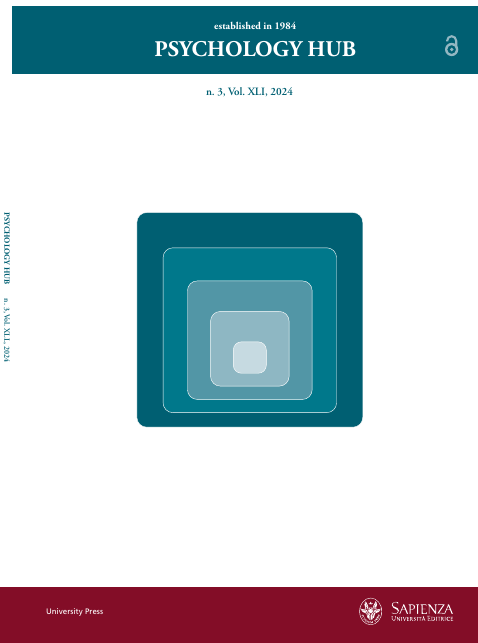The Shift from Romantic-related Insignificance to the Extreme Striving for Success at Work: The Role of Obsessive Passion
DOI:
https://doi.org/10.13133/2724-2943/18494Keywords:
motivational imbalance, significance loss, passion, self-sacrifice, workaholismAbstract
Drawing on Significance Quest Theory (Kruglanski et al., 2022), and the concept of ‘substitutable mean’ for significance restoration, we hypothesized that when people experience romantic-related feelings of significance loss, they should develop a work-related obsessive (but not harmonious) passion, which in turn should enhance their willingness to act in an extreme manner to reach professional success. To test this hypothesis, we ran a cross-sectional study (N=151). Results confirmed our hypothesis with respect to two different operationalization of work-related extreme behaviors – i.e., self-sacrifice, and workaholism. Interestingly, these results confirmed existing findings with respect to means substitutability in significance restoration while adding knowledge about the mediational role of obsessive and harmonious passion in this process. Also, this research represents an additional confirmation of the fact that significance is pursued as a superordinate goal independently on which life area cause the significance loss, or which is exploited to re-gain it.
Additional Files
Published
How to Cite
Issue
Section
License
Copyright (c) 2024 Psychology Hub

This work is licensed under a Creative Commons Attribution-NonCommercial-ShareAlike 4.0 International License.





